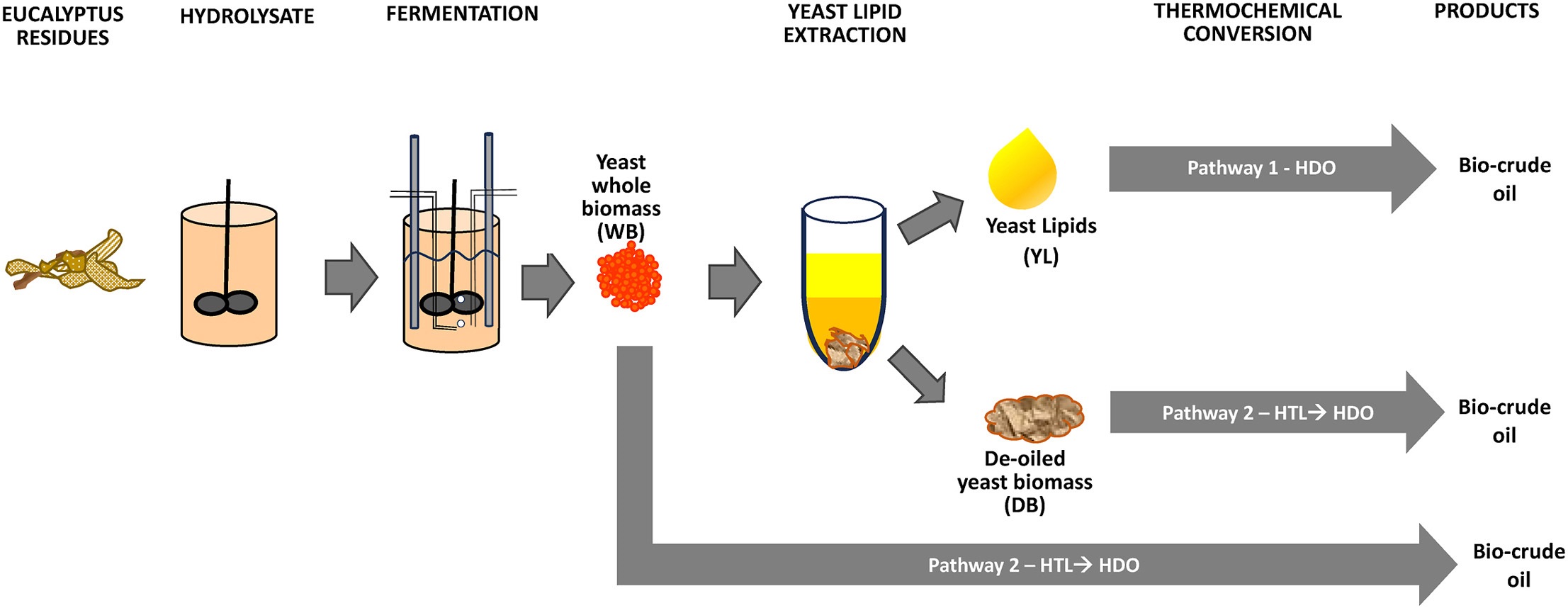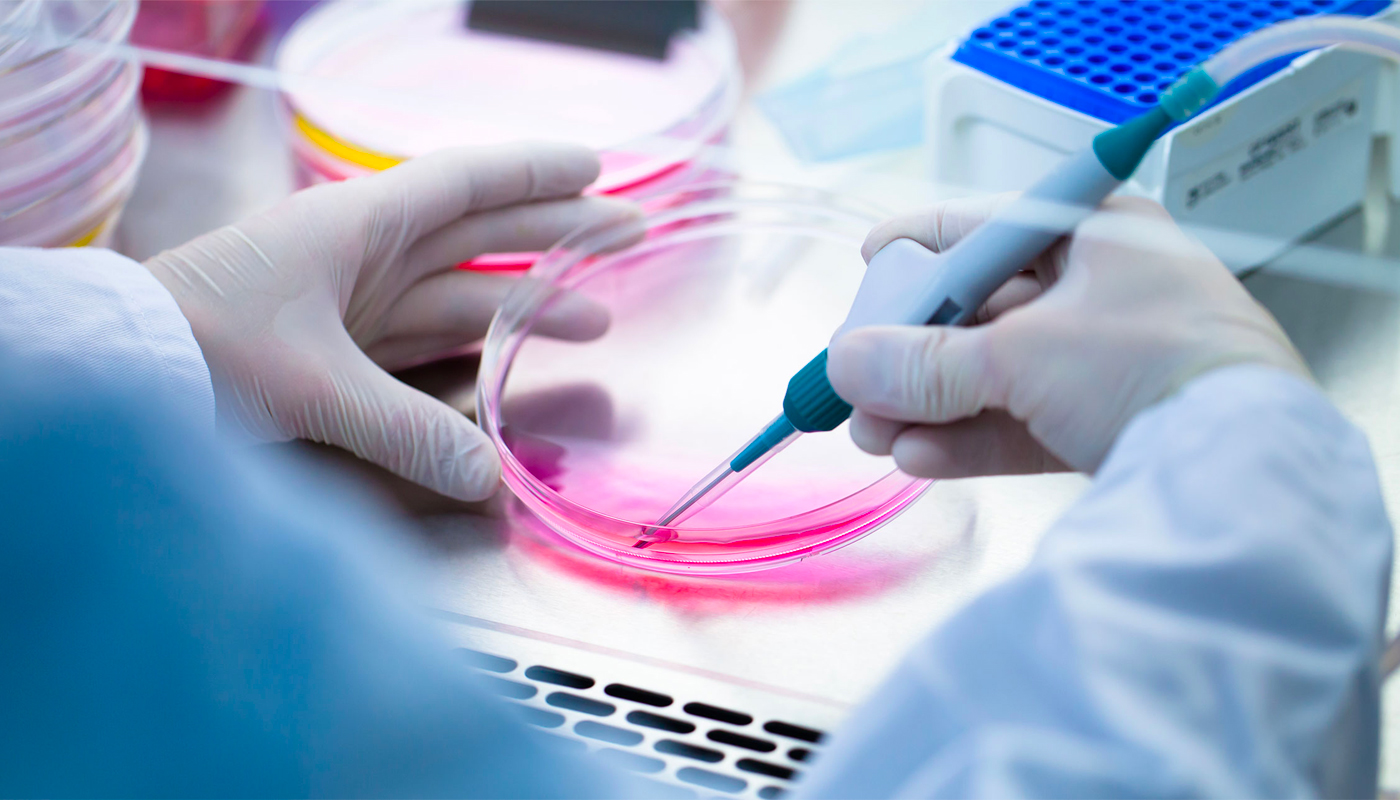From eucalyptus bark hydrolysates to sustainable aviation fuel precursors using the oleaginous yeast Rhodotorula toruloides PYCC 5615

Sustainable aviation fuels (SAF) obtained from renewable sources of carbon can reduce carbon dioxide emissions and contribute for mitigating climate changes. In a study recently published in Biomass and Bioenergy, the yeast Rhodotorula toruloides PYCC 5615 was found to be highly promising for the bioconversion of eucalyptus bark hydrolysate to intracellular lipids which were further thermochemically processed to intermediaries for SAF production. Yeast cultivation on medium formulated with hydrolysate and corn steep liquor maximised fatty acid content in the biomass and lipid productivity. Yeast biomass, whole or after lipid extraction (de-oiled biomass), was subsequently converted by hydrothermal liquefaction into bio-crudes. These and the extracted yeast lipids were further processed by hydrodeoxygenation into upgraded bio-crudes containing up to 40.7 % of C15-C17 hydrocarbons. These results demonstrate the potential of an integrated process based on microbial oils from R. toruloides PYCC 5615 to produce SAF precursors from eucalyptus bark residues, contributing for sustainable jetfuel production. This work was carried out by a team at the Bioenergy and Biorefineries Unit of LNEG, led by Teresa Lopes da Silva and Francisco Gírio and comprising the researchers Francisca Dutra, Susana Marques, Miguel Gomes, Paula Costa and Filipe Paradela. The yeast strain was selected at iBB-BSRG by Isabel Sá Correia and Paula Mugica and further contributions on yeast growth media design were given by iBB-2BRG members Nuno Faria, Frederico Ferreira and Helena Pinheiro. This research was done in the framework of project Move2LowC (LISBOA-01-0247-FEDER-046117), POCI, PORLisboa, Portugal 2020, EU-ERDF. See more.
